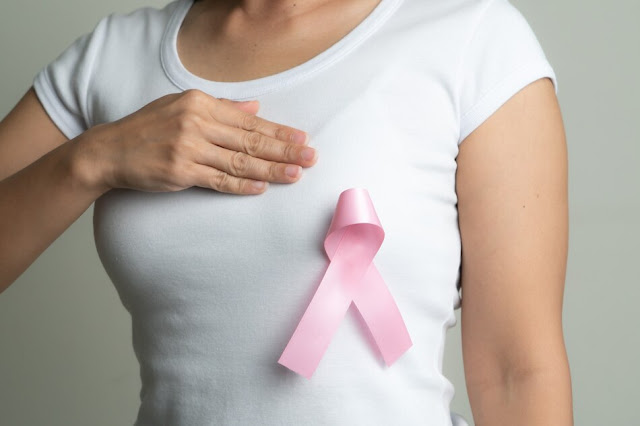In the field of women's health, breast cancer is still a major worry because it is a powerful enemy that affects millions of people globally. Even with advances in medical technology, early detection and prevention of breast cancer depend on knowing the risk factors for the disease. Consult with Top Breast Cancer Specialist in Coimbatore to discuss more about the key factors. We examine seven important risk variables that are crucial in the emergence of breast cancer in this article.
1. Age Factor :
Age is an indisputable risk factor for breast cancer, with women 50 years of age and older accounting for the majority of instances. The chance of aberrant cell growth in breast tissue increases with age in women, which emphasizes the significance of routine screenings, particularly for those in the postmenopausal years.
2. Family history and genetics
The risk of breast cancer is greatly influenced by hereditary factors. A woman's chance of getting breast cancer increases if her family has a history of the disease, particularly if she has close relatives who have been affected, such as a mother, sister, or daughter. Furthermore, certain genetic abnormalities, such those in BRCA1 and BRCA2, might significantly increase the risk.
3. Factors Related to Hormones
An important factor in the development of breast cancer is hormonal abnormalities. Women who utilise hormone replacement treatment, menopause later in life, or early menstruation all expose them to high doses of oestrogen over a lengthy period of time. Reducing the risk of breast cancer requires an understanding of and control over hormonal variables.
4.Reproductive History
The reproductive history of a woman may have an impact on her breast cancer risk. A increased risk may be associated with women who have never given birth or who had their first child after turning thirty. On the other hand, breastfeeding and an early delivery can serve as preventative measures, lowering the chance of developing breast cancer.
5. Personal History of Breast Cancer or Certain Non-Cancerous Diseases
Those who have already fought breast cancer are more likely to experience a recurrence. Furthermore, atypical hyperplasia and lobular carcinoma in situ are two non-cancerous breast illnesses that can increase the risk of developing breast cancer in the future. For those who have a history of these illnesses, routine monitoring and preventive steps become essential.
6. Radiation Exposure
Breast cancer risk is increased by exposure to ionizing radiation, which can occur via radiation therapy for other cancers or from medical procedures like chest X-rays. Critical to lowering this risk are minimizing needless exposure and implementing safety precautions during radiation therapy.
7. Environmental and Lifestyle Factors
Environmental variables and specific lifestyle decisions may play a role in the development of breast cancer. An elevated risk has been associated with obesity, inactivity, heavy alcohol use, and a diet heavy in saturated fats. It's also possible that exposure to substances that disrupt hormones and contaminants in the environment has an impact, which emphasises the need of leading a healthy lifestyle and supporting environmental protection.
Conclusion
Early detection and prevention of breast cancer depend heavily on knowledge of the major risk factors involved. Through consistent tests, a healthy lifestyle, and educated decision-making, women may take charge of their own destiny and lower their risk of breast cancer. Get checked for the best Breast Cancer Screening in Coimbatore to detect early signs. To promote a culture of knowledge, support, and preventative healthcare practices, people, healthcare professionals, and society at large must work together to embark on the journey towards breast cancer prevention.





0 Comments